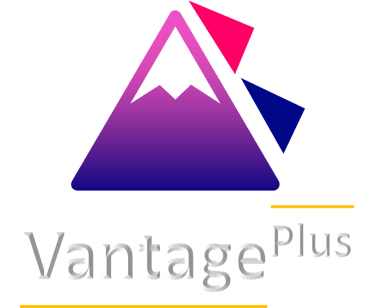How Blockchain Technology Is Changing Aviation Supply Chains
Discover the game-changing potential of blockchain in aviation supply chains. From transparency and traceability to automated processes and fraud prevention, this technology is reshaping the industry's landscape.
Waqar Jadoon - CEO Vantage Plus
9/6/20232 min read


Blockchain in Aviation Supply Chains: Enhancing Transparency and Traceability
Introduction
In an era defined by technological disruption, blockchain has emerged as a transformative force across industries. In the realm of aviation supply chains, where transparency and traceability are paramount, blockchain technology holds the promise of revolutionizing operations. This blog delves into the future outlook and innovation of blockchain in aviation supply chains, showcasing how this decentralized ledger technology is set to enhance transparency, traceability, and efficiency.
The Promise of Blockchain: A Paradigm Shift
Blockchain technology, often associated with cryptocurrencies, is far more than just a digital ledger. Its distributed and tamper-proof nature has the potential to reshape how data is recorded, shared, and verified. In aviation supply chains, this means a paradigm shift from traditional, siloed record-keeping to a transparent and interconnected ecosystem.
Transparency Across the Supply Chain
Transparency is a cornerstone of effective supply chain management. Blockchain's inherent transparency enables real-time visibility into the movement of goods, components, and information. Every transaction recorded on the blockchain is immutable and accessible to authorized participants, ensuring that stakeholders have an accurate, up-to-date view of the entire supply chain.
Enhancing Traceability and Compliance
The aviation industry is governed by a web of regulations and compliance requirements. Blockchain's traceability capabilities offer a game-changing solution. From the origin of raw materials to the final assembly of aircraft, every step can be securely recorded on the blockchain. This level of traceability not only simplifies compliance but also enables rapid and precise recalls when safety issues arise.
Smart Contracts: Automating Processes
One of the most intriguing features of blockchain is the ability to execute smart contracts – self-executing agreements with predefined conditions. In aviation supply chains, this translates to automated processes triggered by predefined events. For example, a smart contract could automatically initiate a payment to a supplier once a shipment is verified as received, reducing administrative overhead and streamlining operations.
Mitigating Counterfeiting and Fraud
Counterfeit parts and fraud pose significant risks to aviation supply chains. Blockchain's tamper-proof record-keeping can serve as a powerful deterrent against such malpractices. By verifying the authenticity of components and tracking their journey from manufacturer to end user, blockchain reduces the likelihood of counterfeit parts entering the supply chain.
Challenges and Collaboration
While the future outlook for blockchain in aviation supply chains is promising, challenges remain. Integration with existing systems, industry-wide adoption, and regulatory alignment are key hurdles. However, the industry's collaborative nature positions it well for overcoming these challenges. Partnerships between aviation companies, technology providers, and regulatory bodies will be essential to drive the successful integration of blockchain.
Conclusion
The future of aviation supply chains is intrinsically linked to transparency, traceability, and efficiency – qualities that blockchain technology is uniquely poised to deliver. As blockchain evolves from a concept to a reality, its potential to transform aviation supply chains cannot be understated. The journey ahead involves navigating challenges, fostering collaboration, and embracing innovation. The end result? A more secure, transparent, and agile aviation supply chain ecosystem that meets the demands of the modern world and shapes the future of the industry.
Vantage Plus Analytics
Empowering businesses with AI-powered analytics and digital transformation solutions for data-driven success.
Services
Data Analytics
AI & Automation
Blockchain Solutions
Industry Analytics
